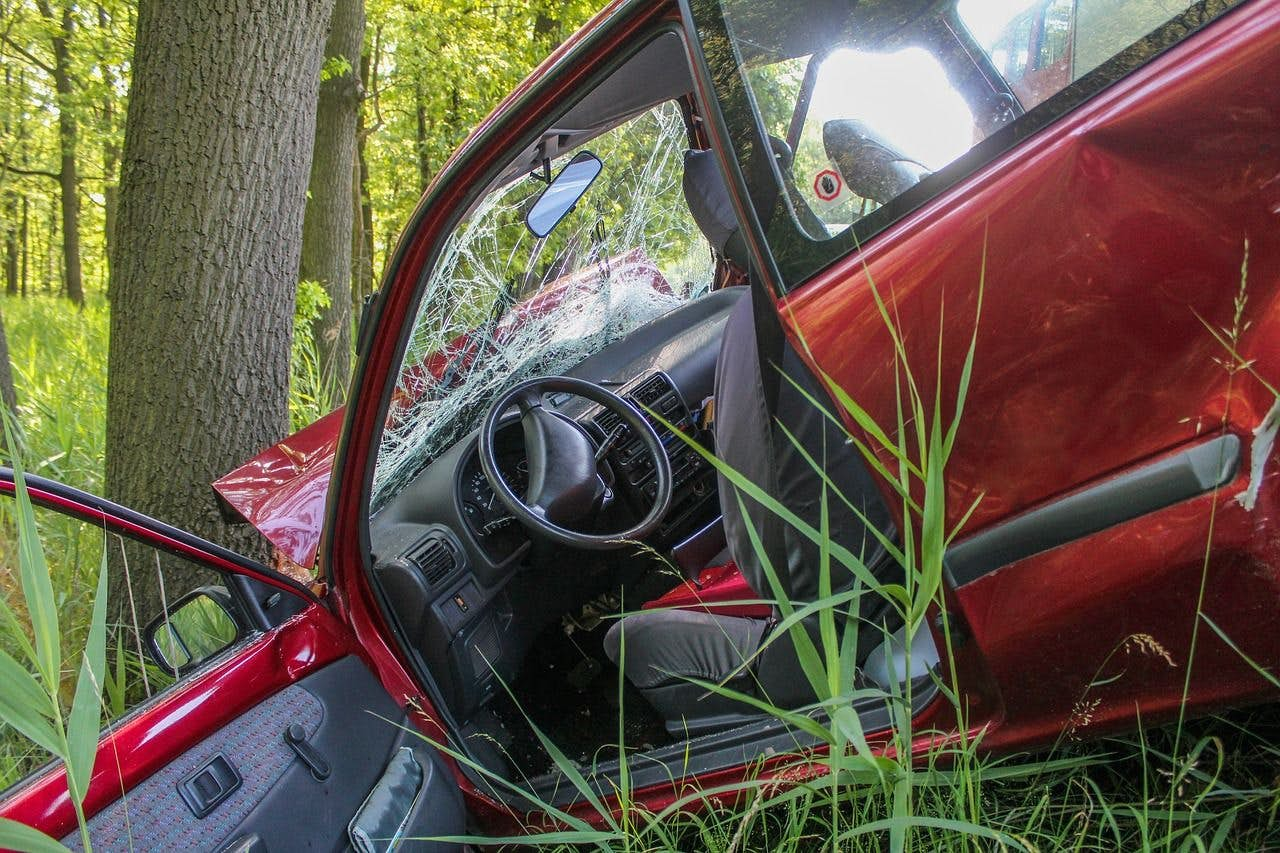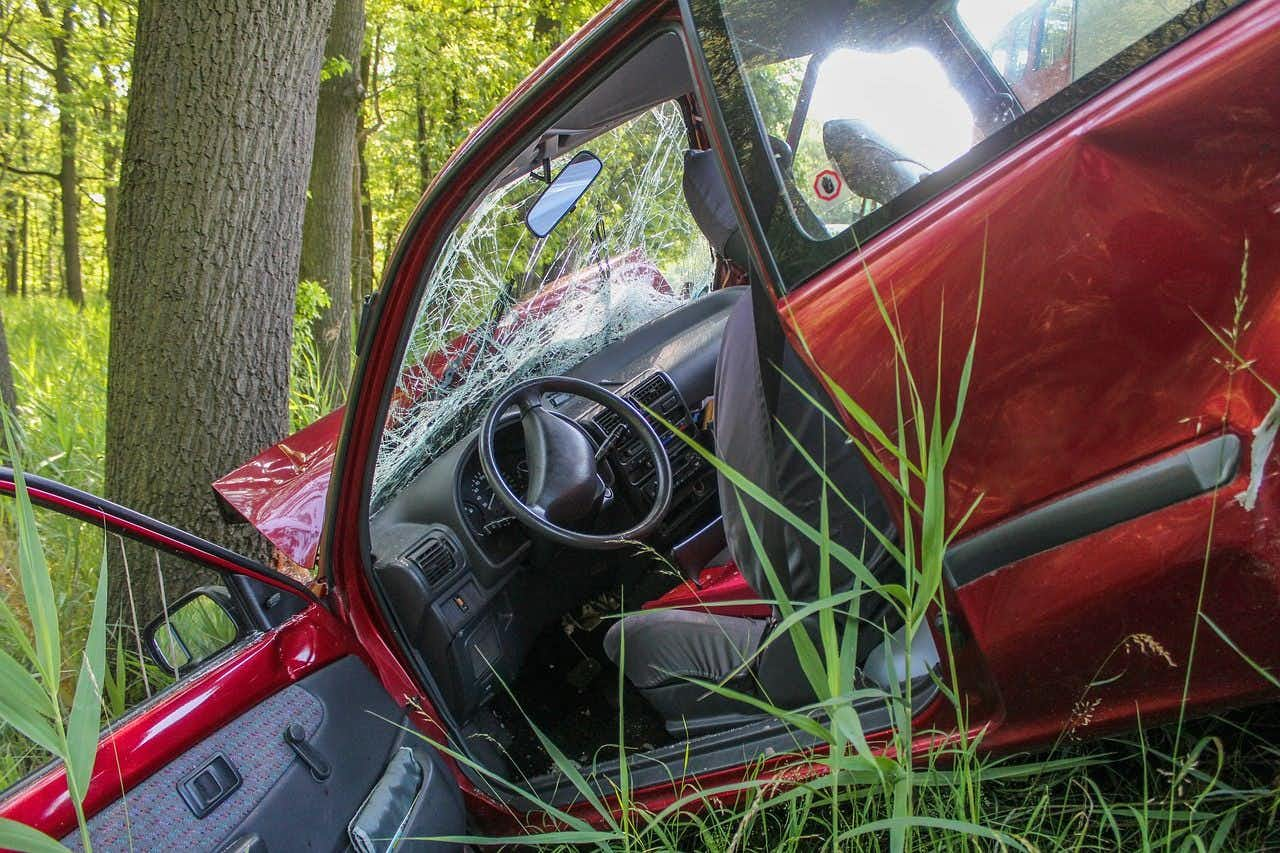Last month, the family of a 21-year-old Yale senior was awarded a $35 million verdict in a wrongful death lawsuit against the City of Milton. The Georgia jury found that the city was responsible for the death of Joshua Chang, who lost his life after crashing his car into an ornamental planter near the road. The planter was found to be installed in violation of city ordinances. Despite no witnesses to the accident, experts for the plaintiffs helped establish what likely caused the crash and the subsequent death of Chang.
What Happened?
According to the lawsuit filed by his parents, Joshua Chang, a native resident of Canton, Georgia, and a student at Yale University, was home for the Thanksgiving holiday on November 16, 2016. After running an errand in Atlanta, he was driving through the City of Milton in the early evening hours. At approximately 7:05 p.m., he texted his mother that he was on his way home. Within twenty minutes, the fatal crash occurred. He was driving down Batesville Road in Milton in the vicinity of an intersection of Taylor Road. An ornamental planter located on the shoulder of Batesville Road, approximately five to six feet away from the road’s edge line, was near the entrance to the driveway of Little River Farms. The planter, approximately seven to eight feet in diameter and one to two feet in height, was constructed from a large commercial or agricultural tire, encased in stone and concrete, and filled with dirt. As Chang drove past the intersection of Taylor Road and approached Little River Farms driveway, he drove through the right shoulder of Batesville Road and collided with the planter. The driver’s side of his car struck the planter, which did not move from the collision. Chang sustained blunt force trauma, including an aortic transection, and died from his injuries.
The Trial and Verdict
In their lawsuit, Chang’s parents note that the City of Milton conducted an investigation and the lead police investigator as well as a corporate representative had previously testified that forensic evidence showed that the most likely cause of the crash was that Chang had swerved to avoid an animal or vehicle entering into his lane. Chang’s parents asserted that the planter, which was on a public road and right-of-way owned and controlled by the City of Milton and had remained there for eight years prior to the accident, was in violation of the City of Milton Code of Ordinances. Specifically, Section 48-425(b) requires that “all city-maintained roadways be designed and maintained to allow for traversable recovery areas, also called clear zones, in the rights-of-way” and Section 48-585(b) provides that “fixed objects within the right-of-way are safety hazards and not allowed within the right-of-way.” The latter rule defines fixed objects as either “new unpermitted installations” or “existing installations.” The only way to establish a fixed object as an existing installation would be to have a Fulton County permit date, dated construction drawings, or receipts indicating the existence of the object prior to December 2006, the date of Milton’s incorporation as a city. The City of Milton conceded that no such evidence exists and that the planter was considered a “new unpermitted installation” and should have been removed. Even if permitted, Chang’s parents asserted that the planter should have been removed as it posed a safety hazard and the City’s failure to remove it constituted negligence and a breach of ministerial duties as well as a nuisance for permitting such a dangerous condition.
The jury awarded Joshua Chang’s parents a total of $35 million - $30 million for the loss of his life and $5 million for pain and suffering. The award was reduced in proportion to the parties’ liability. The jury found the City of Milton to be 93% at fault and Chang 7% at fault, reducing the total payout to $32.55 million.
The City of Milton, represented by Matthew H. Bennett of Bennett Law Office, LLC. did not issue a statement on the verdict.
The Chang family was represented by the law firm Harris Lowry Manton LLP. As Jeff Harris, one of the attorneys on the matter, stated after the verdict, “It was a tragic case because Josh’s death was just so senseless…The City of Milton simply failed to do its job.” As another attorney, Jed D. Manton, added, “Josh never wanted to be a martyr for roadside safety,” but recognizing the precedent of the verdict and its impact on premises liability and government liability moving forward, “[t]here’s no doubt this case is going to affect how cities across the state work to recognize and remove hazards along the roadways, and therefore save lives.”




